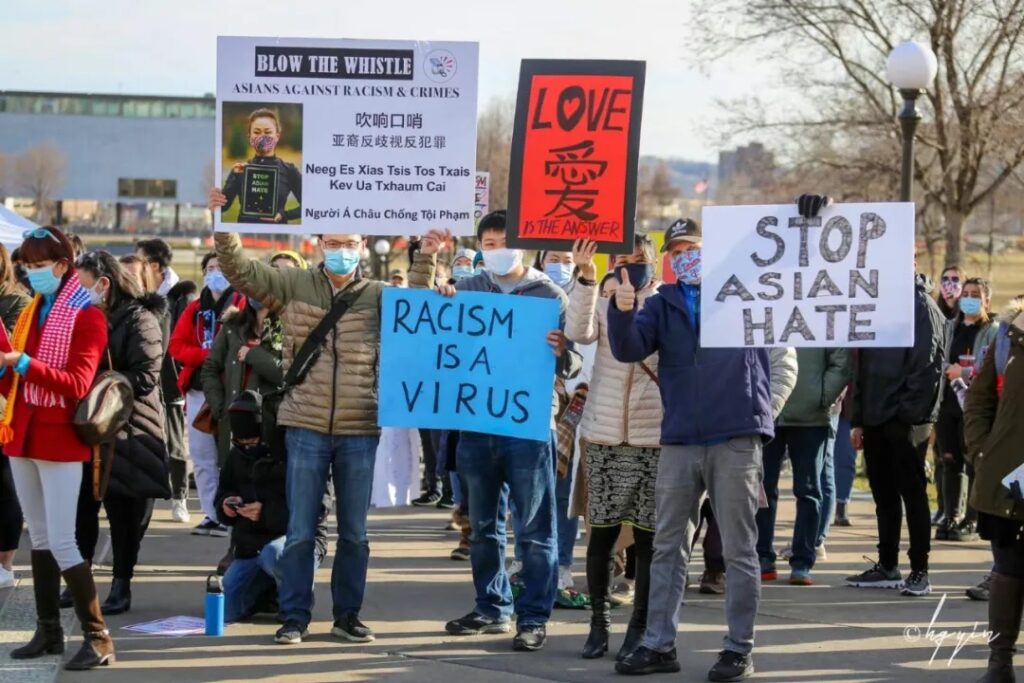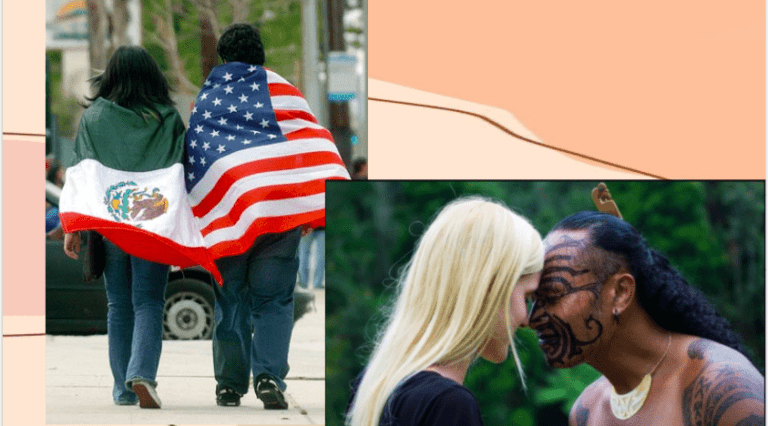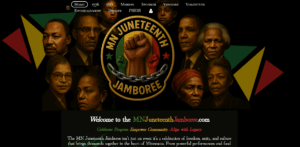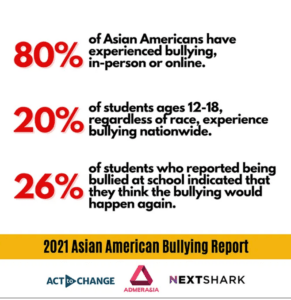by Janie Ye
Wayzata High School
Although the COVID-19 pandemic has caused increased negative sentiment towards the AAPI community, Anti-Asian incidents in the United States date back to the 19th Century. Over the course of United States history, there have been Anti-Asian hate cases due to racism and xenophobia. In 1854 the California Supreme Court stated that Chinese Americans and immigrants could not testify against white citizens. During World War II Japanese Americans were forced to abandon their homes and imprisoned in internment camps. A man killed 6 Asian women in an Atlanta spa in 2021. The Asian American and Pacific Islander (AAPI) community has faced no shortage of violence and discrimination across multiple time periods.
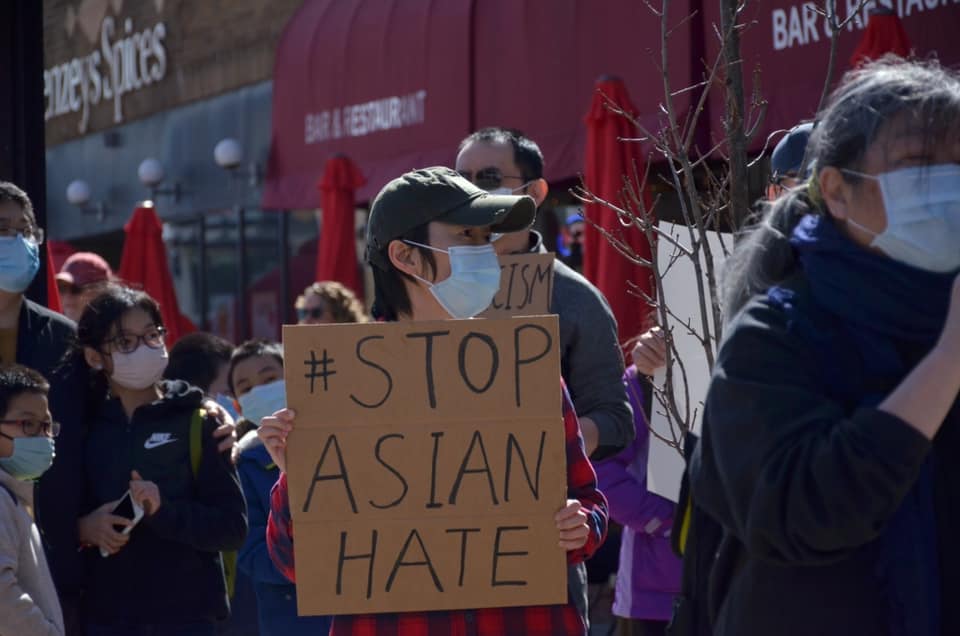 The 1854 case People V. Hall started with Hall, a white man who had been convicted for the murder of a Chinese miner, proved through the testimony of 3 Chinese witnesses. Hall appealed the conviction by stating that Chinese witness testimony should not be allowed. This resulted in the decision that Chinese testimony against White citizens was invalid because of their “inferior race.” In defense of its decision, the California Supreme Court stated that if Chinese people were allowed to testify, this would eventually lead to equal citizenship and voting rights, which is unacceptable because they are incapable of progress and have no right to participate in government. This case is a prime example of biased attitudes towards Asian immigrants, revealing that current violence towards Asians is not a mindset that developed overnight.
The 1854 case People V. Hall started with Hall, a white man who had been convicted for the murder of a Chinese miner, proved through the testimony of 3 Chinese witnesses. Hall appealed the conviction by stating that Chinese witness testimony should not be allowed. This resulted in the decision that Chinese testimony against White citizens was invalid because of their “inferior race.” In defense of its decision, the California Supreme Court stated that if Chinese people were allowed to testify, this would eventually lead to equal citizenship and voting rights, which is unacceptable because they are incapable of progress and have no right to participate in government. This case is a prime example of biased attitudes towards Asian immigrants, revealing that current violence towards Asians is not a mindset that developed overnight.
Another historical case of hate towards Asians in the United States was the treatment of Japanese Americans and immigrants during World War II. After the bombing of Pearl Harbor, people of Japanese descent were forced to live in internment camps because of suspicions of treason. The conditions in these camps were terrible, including “uninsulated barracks furnished only with cots and coal-burning stoves” (Britannica). The camps were also guarded and fenced with barbed-wire to prevent escape. Once the war was over, none of the prisoners’ damaged property was restored or compensated until almost 1990. None of the supposed spies were ever caught. The reason that Japanese Americans were imprisoned in these camps was not only because of the bombing of Pearl Harbor, rather, it was partially because of prejudice towards Japanese immigrants. There was no evidence of sabotage or acts of treason from any Japanese residents in America. Also, German and Italian immigrants did not face the same persecution that the Japanese immigrants did. Similarly to People V. Hall, this occurrence reveals that discrimination against Asians was not uncommon throughout American history.
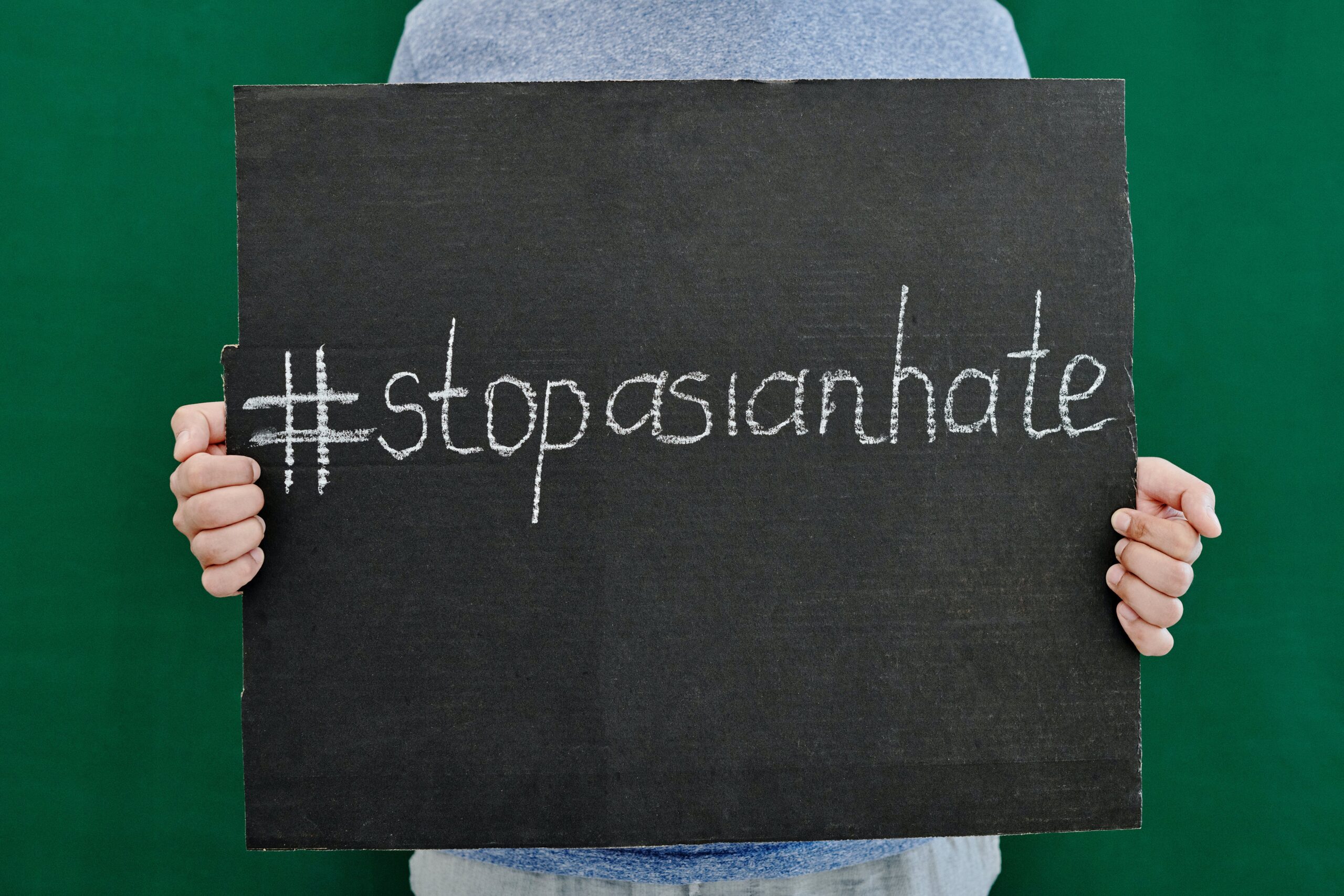 Finally, the killing of Vincent Chin sparked movements against hate towards Asian Americans. Chin was beaten to death in a hate crime and the perpetrators were let off with minimal punishment (probation and a fine). They had “called Chin racial slurs and accused him of taking jobs from white autoworkers” (National Park Service). Their actions were characteristic of hate crimes towards the AAPI community. Although it is optimistic that this led to increased attention and efforts to combat Asian hate, it is appalling that these acts had to be committed in order for people to realize how serious hate against the Asian community is.
Finally, the killing of Vincent Chin sparked movements against hate towards Asian Americans. Chin was beaten to death in a hate crime and the perpetrators were let off with minimal punishment (probation and a fine). They had “called Chin racial slurs and accused him of taking jobs from white autoworkers” (National Park Service). Their actions were characteristic of hate crimes towards the AAPI community. Although it is optimistic that this led to increased attention and efforts to combat Asian hate, it is appalling that these acts had to be committed in order for people to realize how serious hate against the Asian community is.
Evidently, hate towards Asians has been going on for some time in the United States. From the 1800s to the present, violence stemming from discrimination and racism has resulted in tragedy and despondency. Despite the fact that there are now multiple organizations helping combat hate crimes, incidents in the past should not be forgotten; they should be used to motivate and educate the community.

